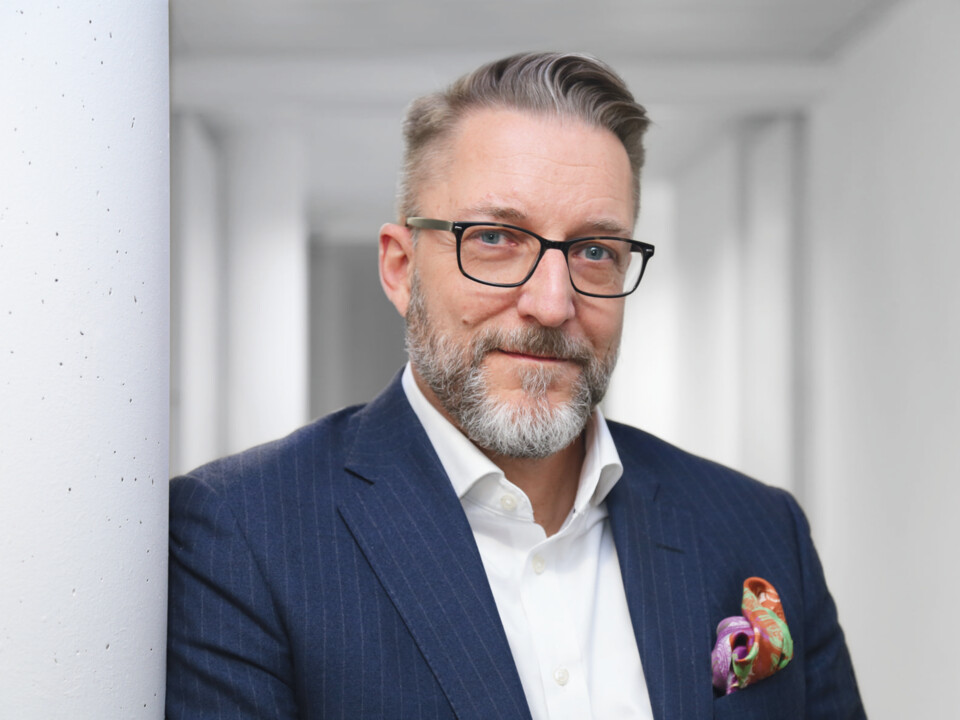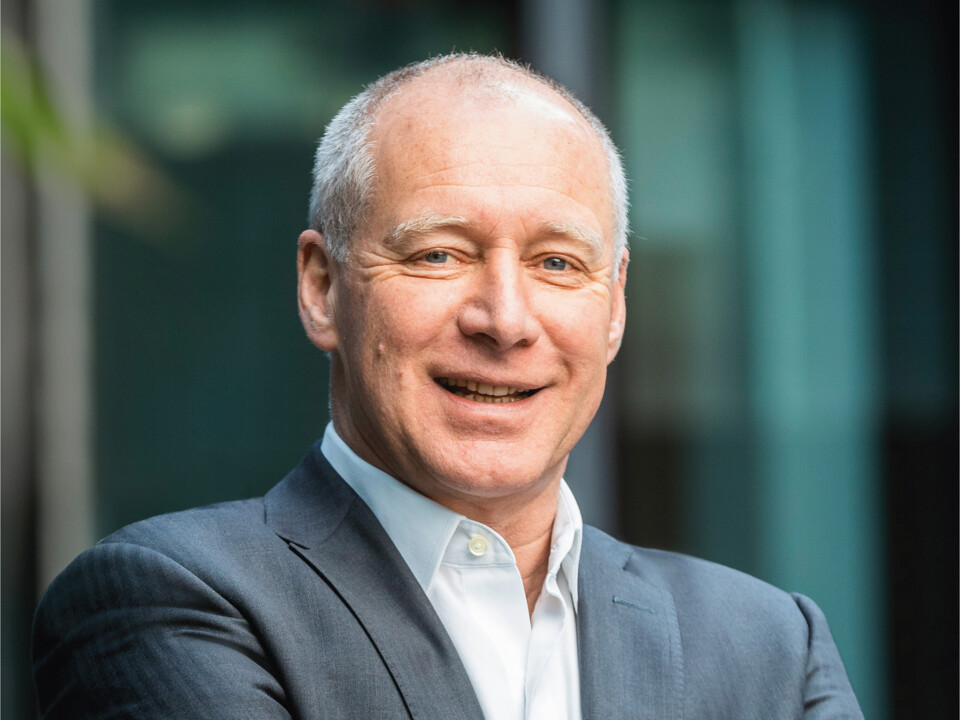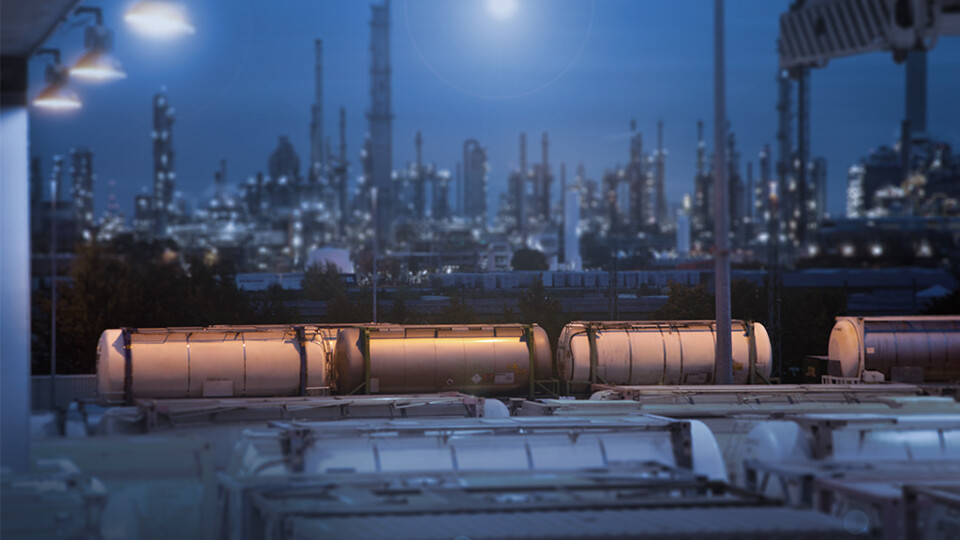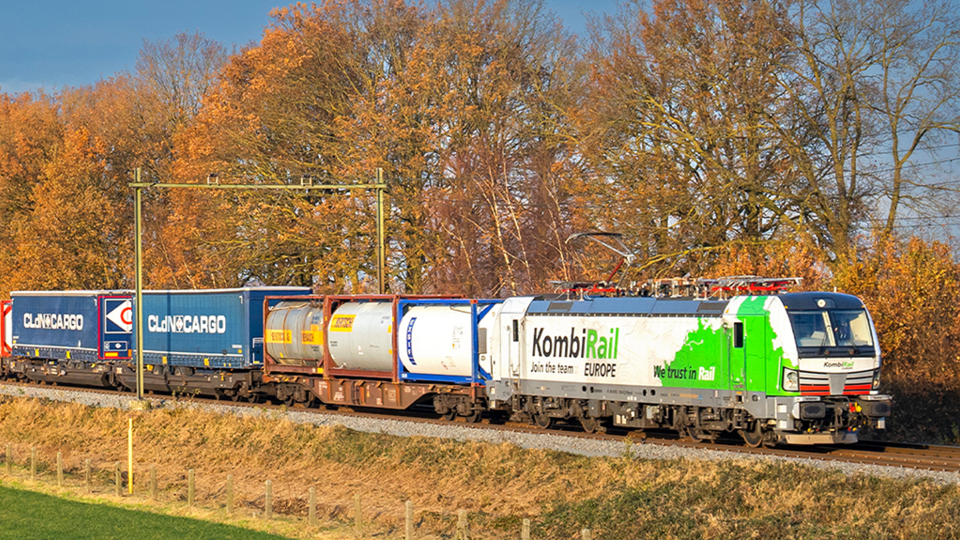

Dear Business Partners,
Anyone who thought at the start of last year that everything would continue as normal and we would be able to concentrate entirely on our core business was wrong. We have successfully come through a financial year that – I can say with no exaggeration – was like no other and presented Kombiverkehr with a whole array of new challenges.
In the middle of 2024 we began a transformation with the goal of having completed it by the end of the year. Since we could not be sure whether and to what extent DB Cargo would continue to provide traction services for Kombiverkehr in the future following the competition proceedings launched by the EU Commission, in early summer 2024 we decided to switch the majority of transports to other service providers, predominantly Lokomotion GmbH and KombiRail Europe B.V., by the end of 2024. But that was not enough: with the cessation of the traction services of DB Cargo, we also lost the wagon positioning included in the package. Kombiverkehr consequently had to gradually lease the freight wagons required for transport, taking over both the operational and capacity utilisation risk and the supply of wagons. A third task within the scope of the transformation, and one not to be underestimated, was to modify the booking and billing processes to include the new service providers. It was a mammoth operation, all in all, but we managed to pull it off within the space of six months. Thanks to everyone who was involved in this process. We are proud of our team, who achieved the switch with huge passion and commitment. Respect also to the railway undertakings, which quickly created the resources necessary to provide the transport services. And thank you in particular to DB Cargo, which worked closely with us so that we could implement the changeover gradually over a period of six months.
Given the complexity of the road-rail transport process, it is not surprising that a reorganisation of this magnitude led to some initial disruption in operational procedures. These, along with the many – not always coordinated – engineering works on the German and European rail network arising from the corridor upgrades, resulted in the quality of service provided by our trains falling below 40 per cent on average for a while. At the start of the year the punctuality rate had returned to a somewhat higher figure of 45 per cent, but that is still below the level of quality expected by the market.
While we're on the subject of punctuality on the rail network, we cannot get away from the fact that the company policy of the infrastructure operator DB InfraGo in relation to the management of engineering works and to pricing has not made life easy for us. We have been complaining for a long time that we are being given insufficient notice of track closures and engineering works and that the use of diversion routes is restricted at short notice due to upgrade projects. We reject the full closure of TEN corridors if no diversions are available. The pricing structure of DB InfraGo, which is run in the public interest, is also questionable, to say the least. We find ourselves having to pay cancellation charges for trains that we do not want to remove in the first place, but are unable to run on the rail network due to engineering works. At the same time, in certain cases railway undertakings are having to pay for train path orders in advance. Last but not least, the announcement by DB InfraGo that it will increase track access charges again next year will make the rail system unattractive to the market in the long term.
Back to the report for 2024, though. The ongoing recession in Germany and the sluggish rate of growth in the European Economic Area have led to a decline in intra-German and cross-border rail freight traffic in terms of the volume carried. Key market players in rail freight transport, such as the automotive sector and the chemical industry, came under renewed pressure in the year under report as a result of persistently high energy costs and reduced the amounts shipped in Combined Transport.
Nevertheless, we managed to maintain a broad range of networked rail products for our customers that is comparable with the previous year’s services without having to make any major cutbacks.
Against that background, we can be proud of the fact that we finished the 2024 financial year with a positive net result despite an overall drop of 5.6 per cent in shipping volumes.

Heiko Krebs

Armin Riedl


